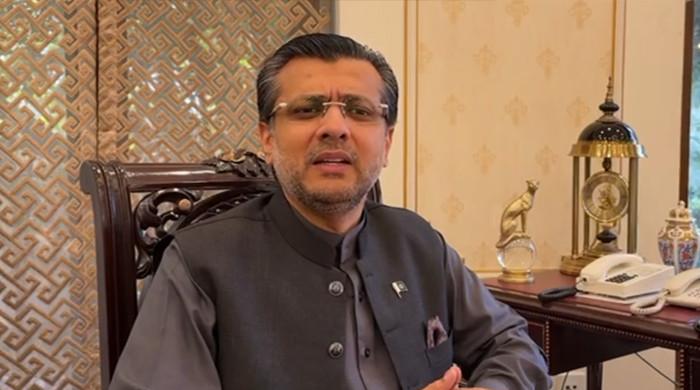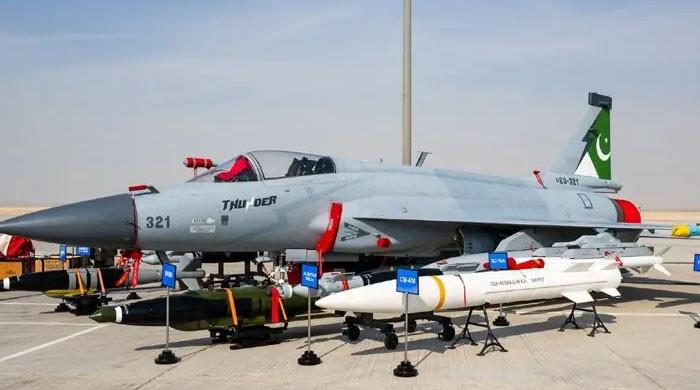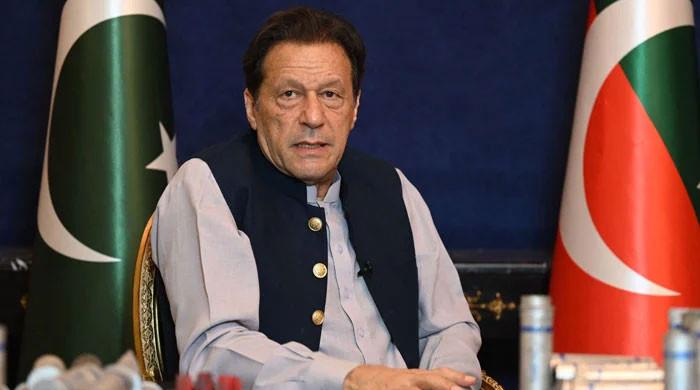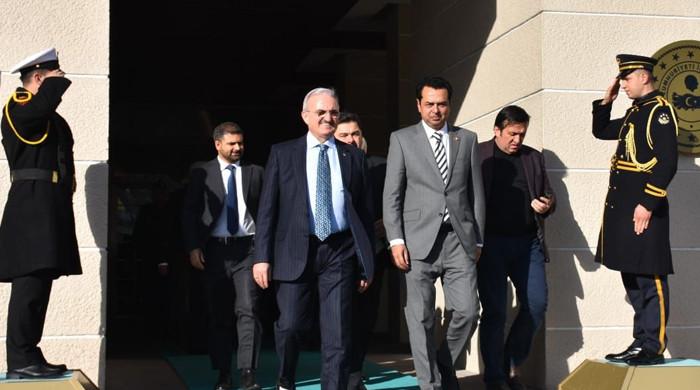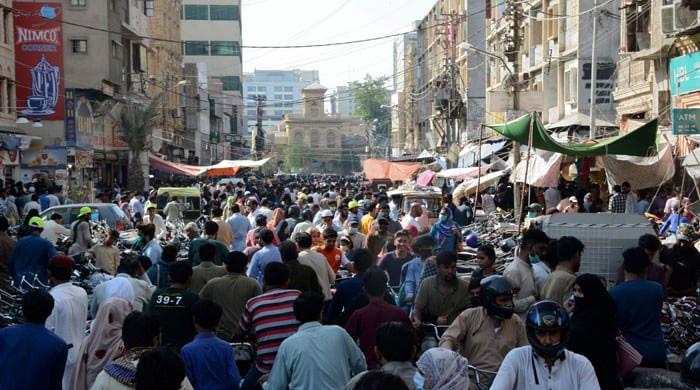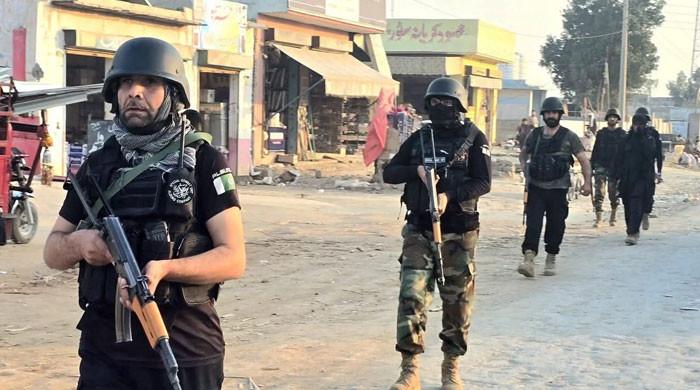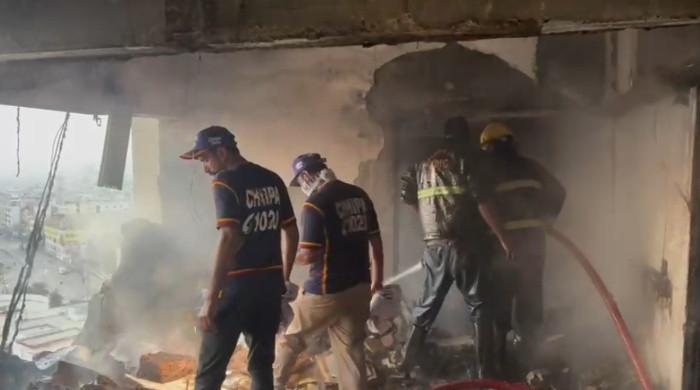Greeting with namaste a 'civilised' way: FM Bilawal
S Jaishankar greeted foreign ministers with namaste on their arrival at venue and there was no handshake
May 05, 2023
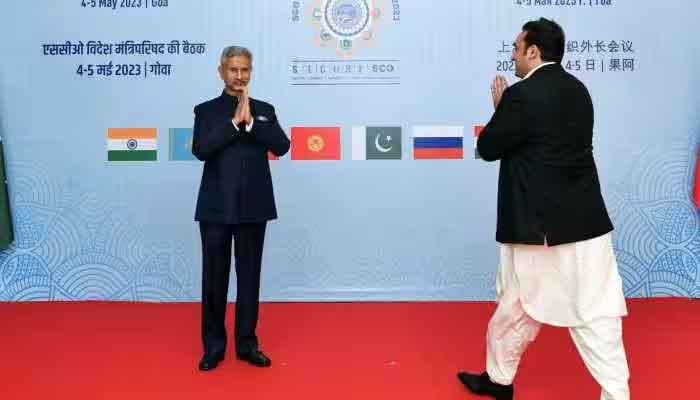
Foreign Minister Bilawal Bhutto-Zardari, who was greeted with a namaste by Indian External Affairs Minister Subrahmanyam Jaishankar, said that welcoming each other like this was a "civilised" way.
“In Sindh, we welcome each other like this," said the foreign minister, who was in Goa to attend the two-day meeting of the Shanghai Cooperation Organisation (SCO).
Jaishankar also greeted other foreign ministers including China's Qin Gang with a namaste on their arrival at the venue and there was no handshake.
“Dr S Jaishankar never made me feel like our bilateral ties impacted our engagement at the SCO FM's meeting,” said Bilawal, who is also the chairman of Pakistan Peoples Party (PPP).
The meeting between the foreign ministers began at the Taj Exotica Resort on Thursday evening. The reception was hosted by Jaishankar while the main deliberations took place on Friday (today).
During his address at the summit, Bilawal talked about several major issues including the special status of Indian Illegally Occupied Jammu and Kashmir, terrorism, security of Afghanistan, China's role in bridging differences between Saudi Arabia and Iran etc.
He warned the member states of the SCO against “weaponising terrorism for diplomatic point scoring” without naming India as Jaishankar — prior to Bilawal's speech — had said the menace of terrorism continues unabated, adding that taking eyes off this menace is detrimental to the security interests of all.
“The collective security of our peoples is our joint responsibility. Terrorism continues to threaten global security. Let’s not get caught up in weaponising terrorism for diplomatic point scoring,” Bilawal said.
The foreign minister emphasised that the idea of eradicating this menace requires not only a “comprehensive approach but also a collective approach”.
He said that the root causes need to be addressed as well as the threats posed by specific groups.
“It requires that we let this challenge unite us to fight it rather than divide us to become its victim. Our success requires us to isolate this issue from geo-political partisanship,” he maintained, adding that practical, pragmatic solutions exist for us to put an end to this chapter once and for all.
“We must stop conflating non-state actors with state actors. Condemn all forms of terrorism including state-sponsored terrorism,” he stressed.




